IoT – Is it Secure?
A study done by OMDIA last year that included 170 industry leading developers of IoT devices polled the group concerning their focus on IoT security issues, and when asked whether security issues were the main obstacle to the adoption of IoT ~85% of respondents agreed and ~64% of IoT vendors said that end-to-end security is a short-term priority or is already included in the company’s development plans, with 26% saying it was a medium to long-term priority.
That said, 10% of those polled did not included end-to-end IoT security as a priority at all, and while this was better than most other technology segments, such as 5G, where 21% did not have security as a priority or eSim developers where 41% said it was not a priority (e-Sims contain a device’s network connection information and account data), it opens the data collected on such devices to anyone looking to harvest it. Taking the data a bit further, 41% saw end-to-end security as a longer-term objective, with another 14% either not sure where they stand or do not have ETE security on their radar at all.
If we look at IoT security from a developer’s standpoint, it is an extra cost burden, and one that they do not get paid for, especially as the consumer rarely expects to pay for security, but for those trying to implement IoT solutions, without an industry security standard, they are left with either implementing a home-grown solution that could become outmoded if the industry standardizes, or having no security solution. Not only does this reduce their willingness to spend toward the IoT space, or even the 5G space, but reduces their focus on IoT security overall, which sets the scene for some sort of data issues that will publicize how insecure much of the IoT data that is being collected actually is. Of course there are few who would want to know what items are reaching their expiration dates in your refrigerator, but there are those that want to gather your warranty information and other personal data that can circulate among IoT devices. More data, less security is a bad combination, and the purpose of IoT is to pass data between devices. It should be the highest priority.

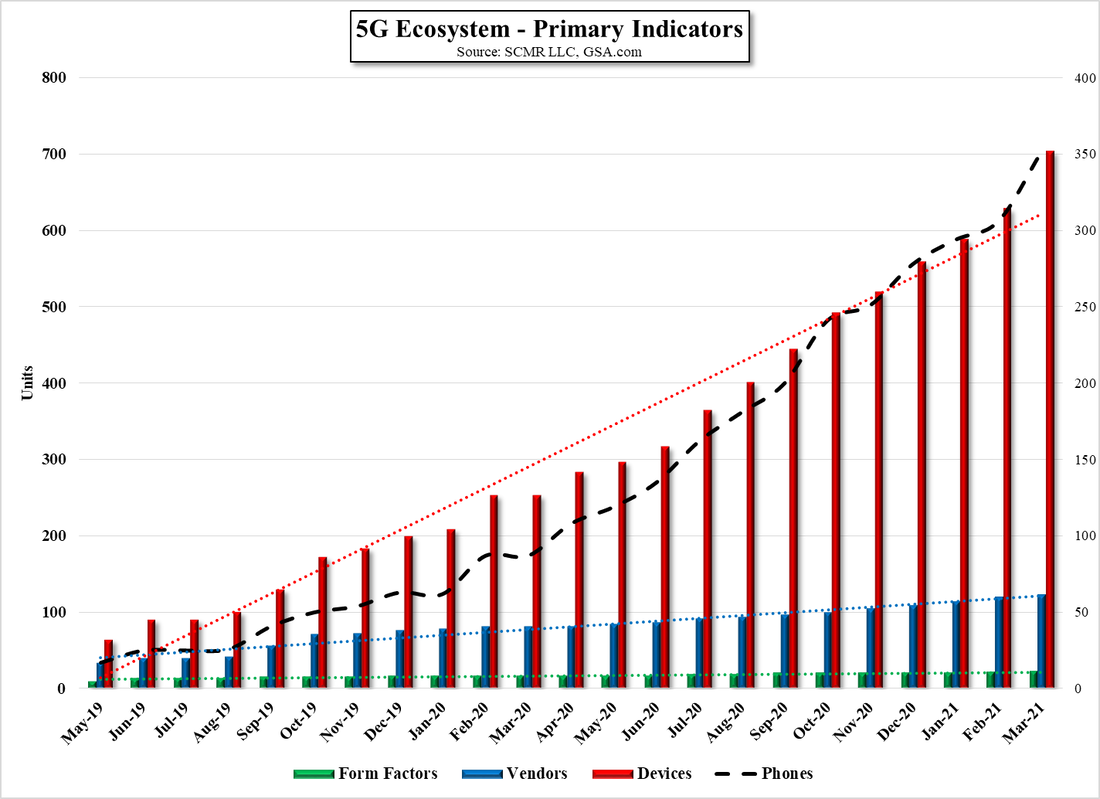
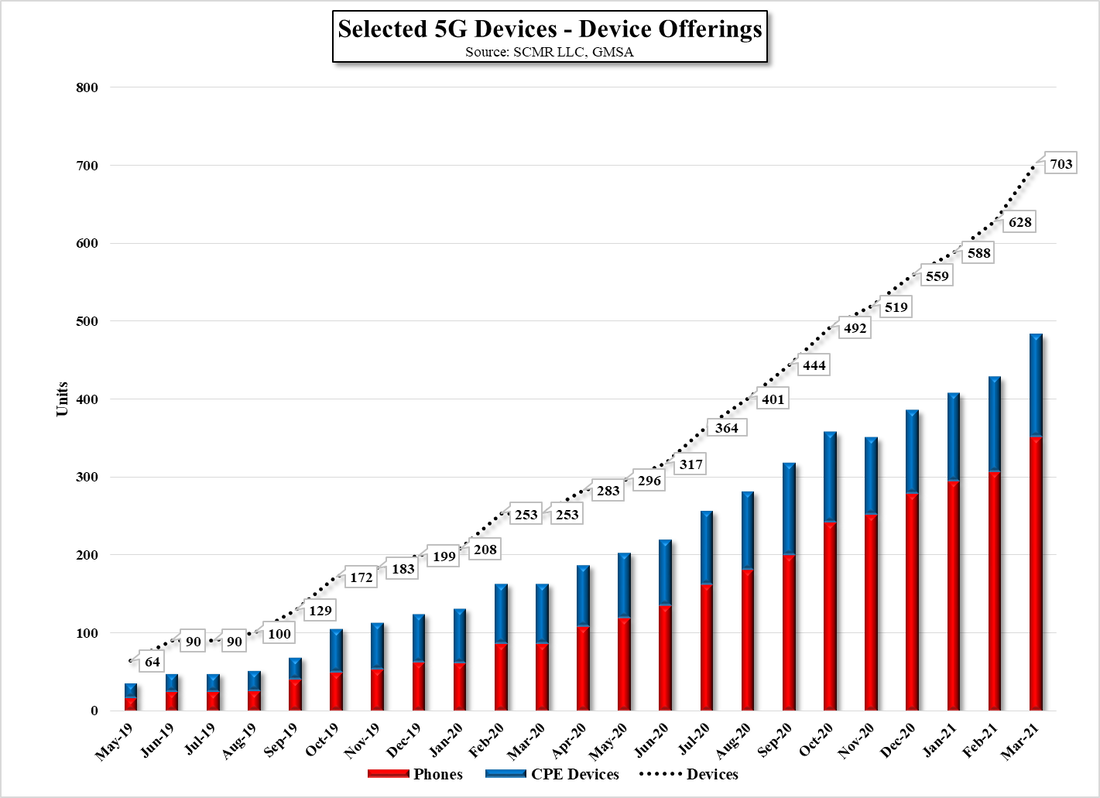
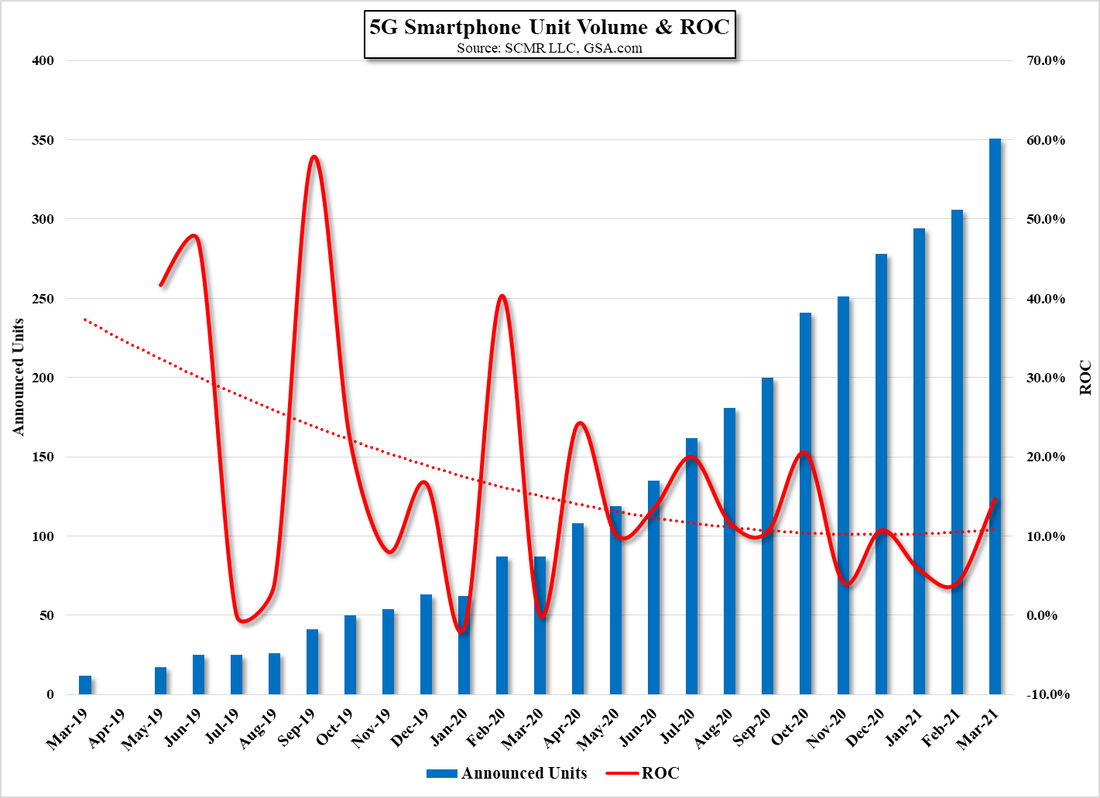
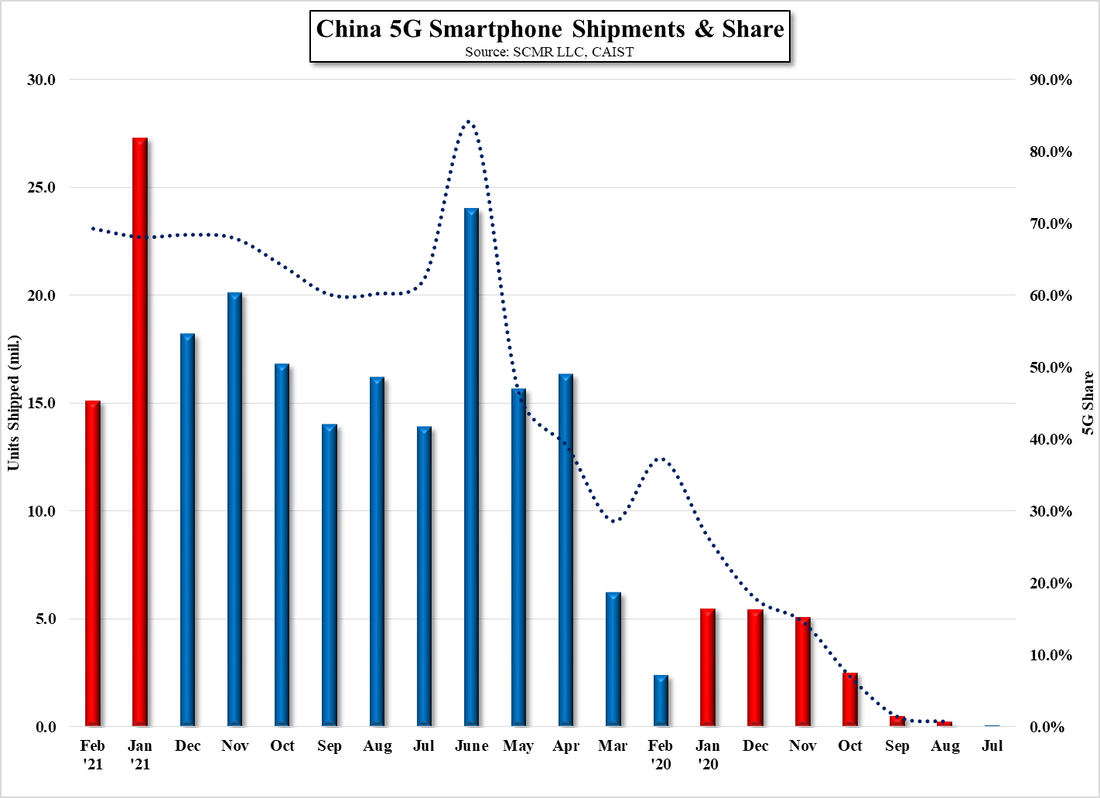
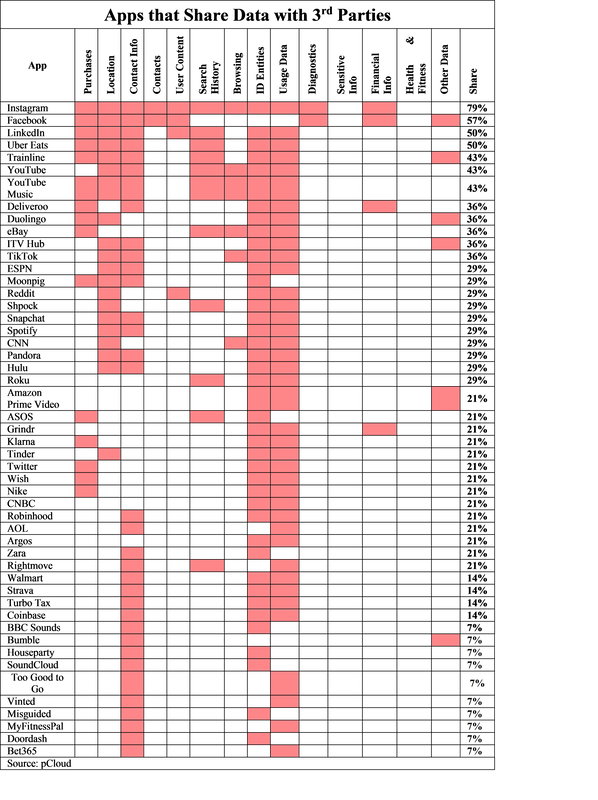

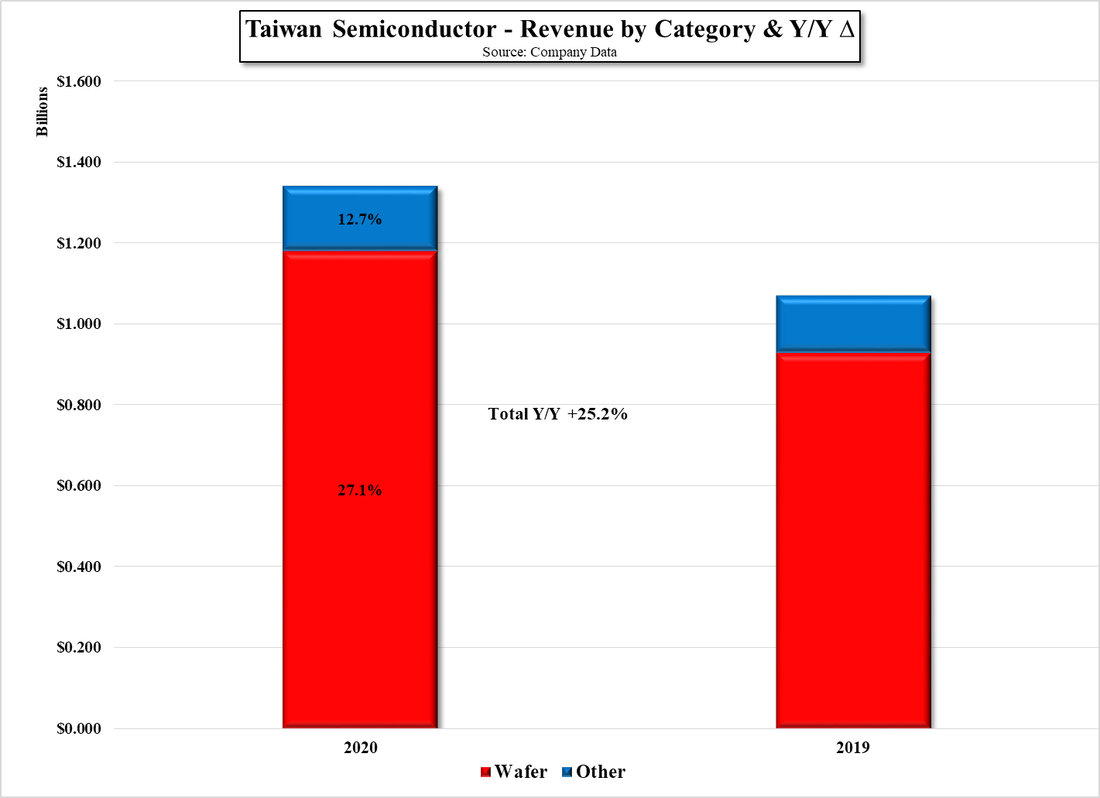
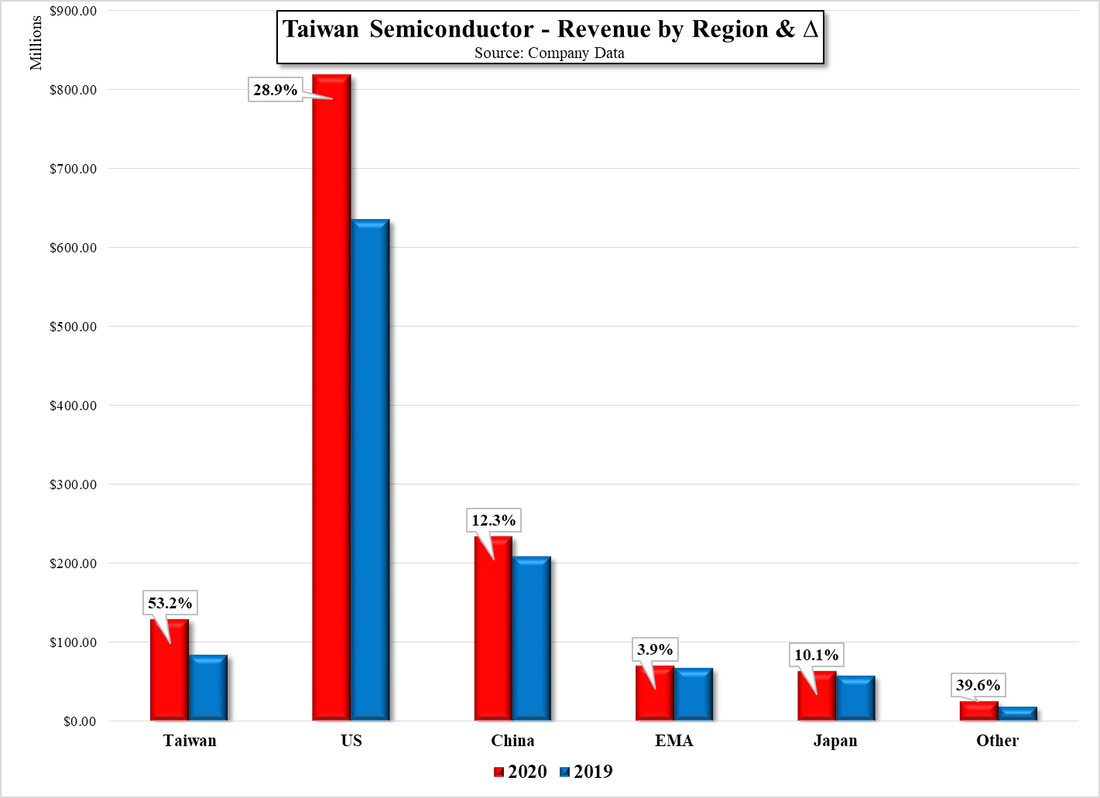
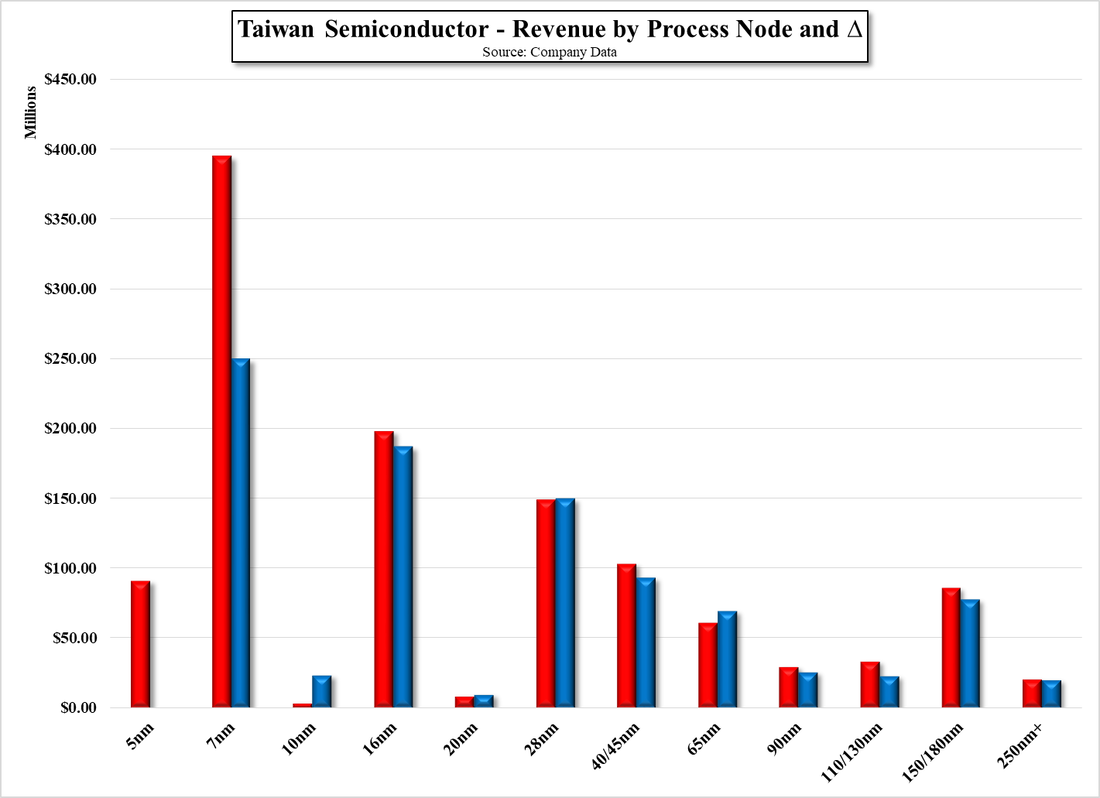

 RSS Feed
RSS Feed